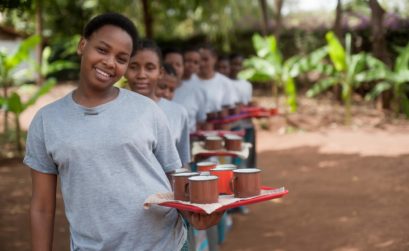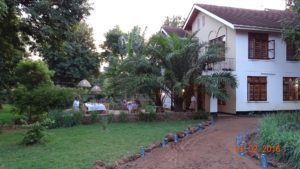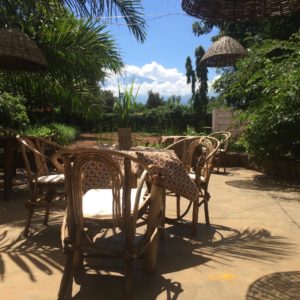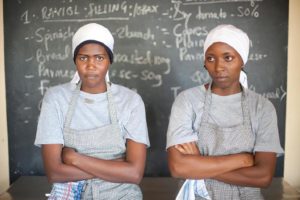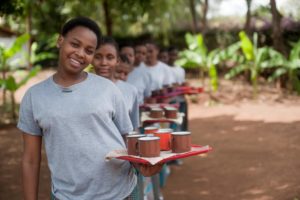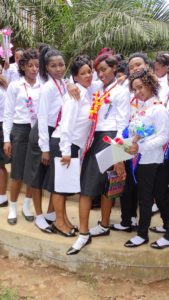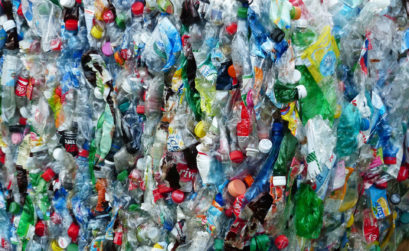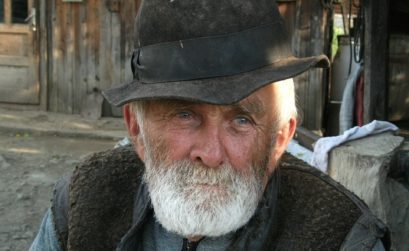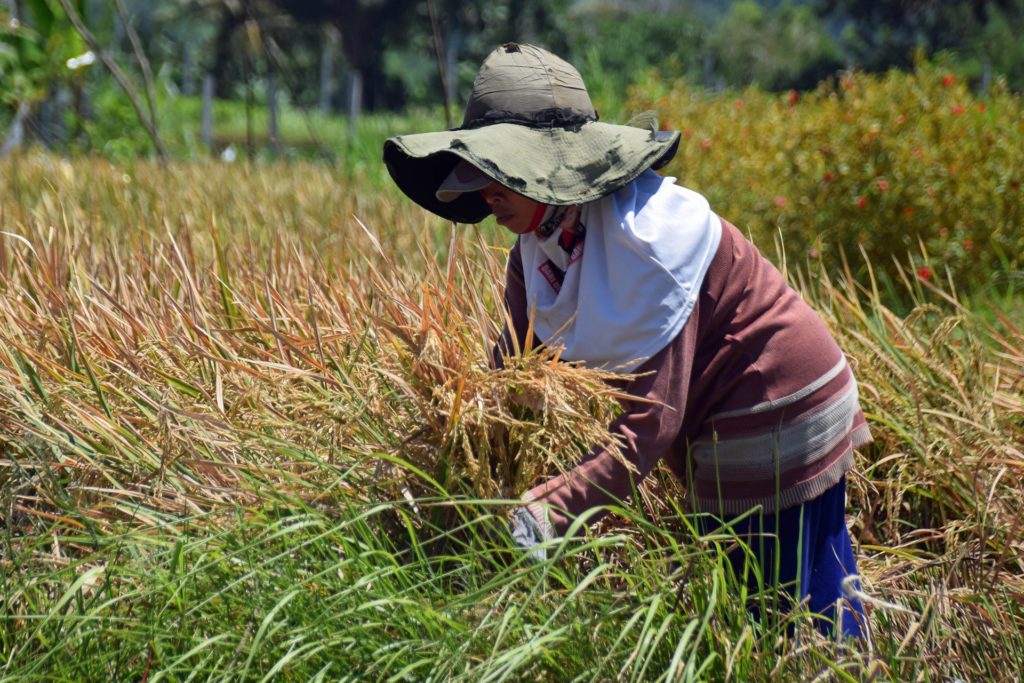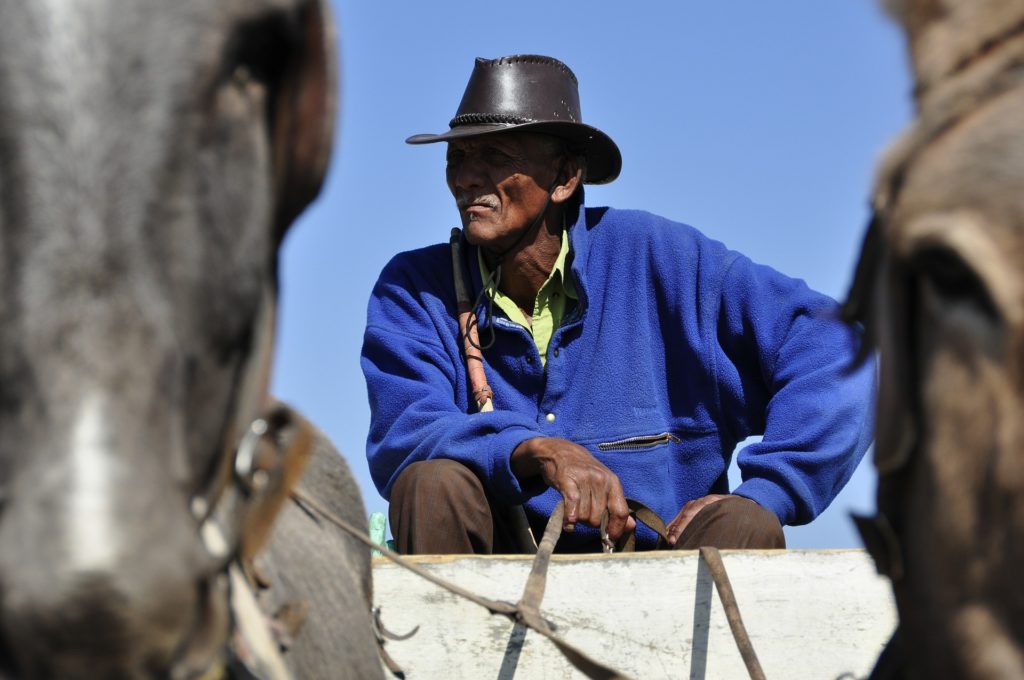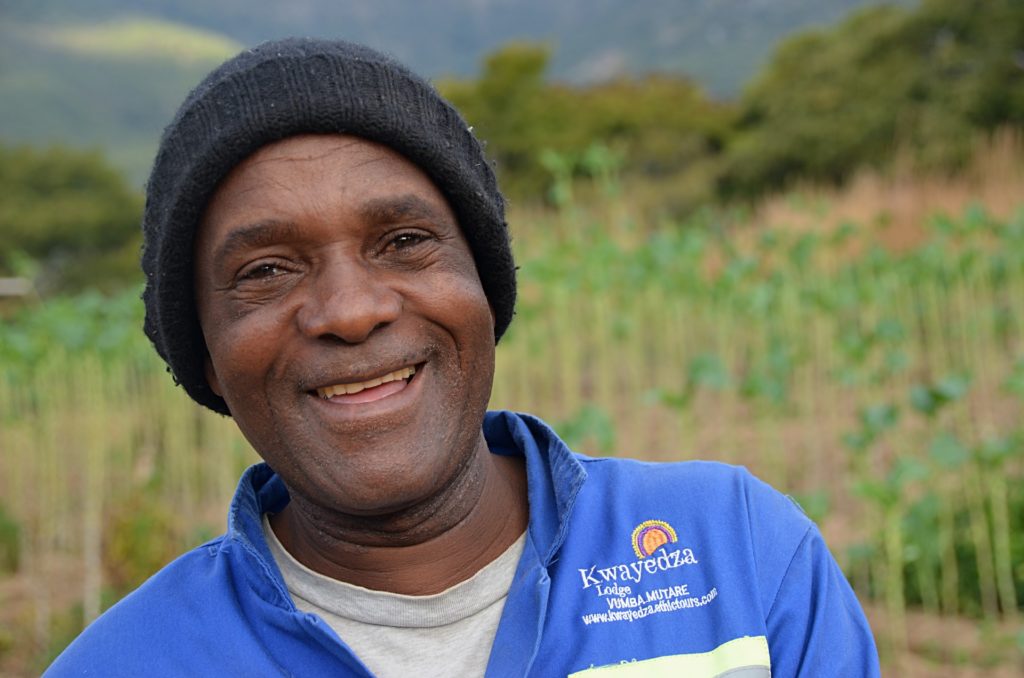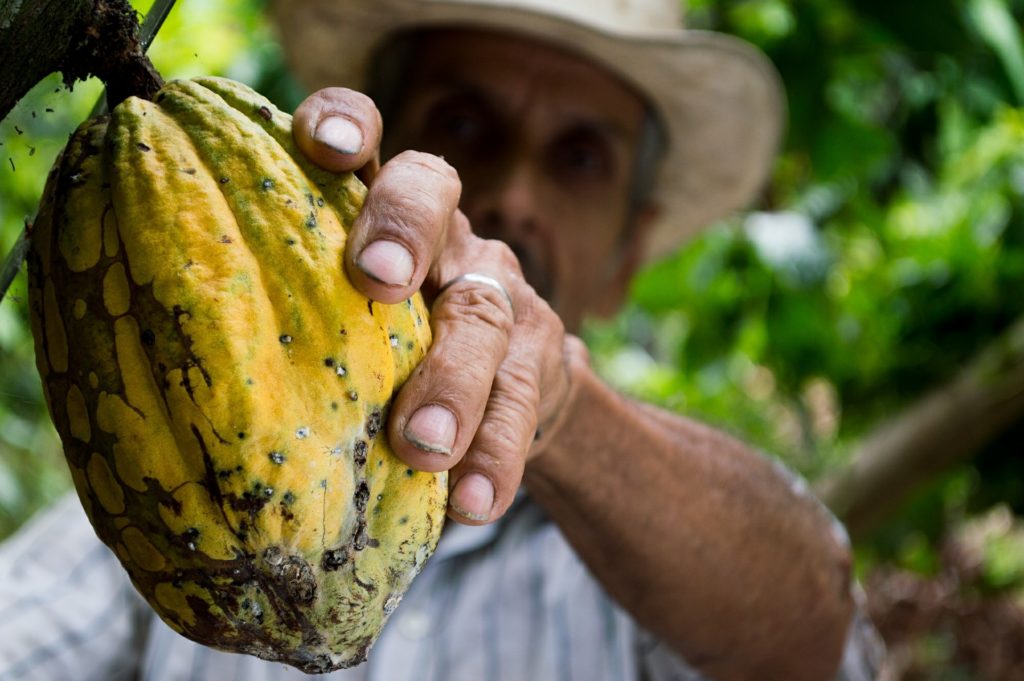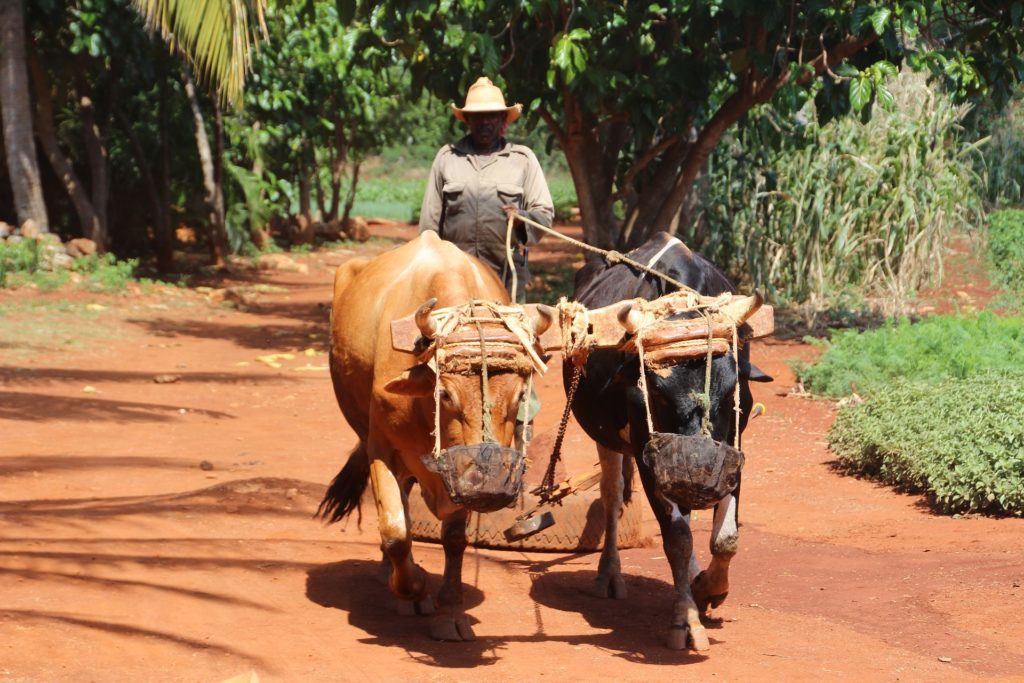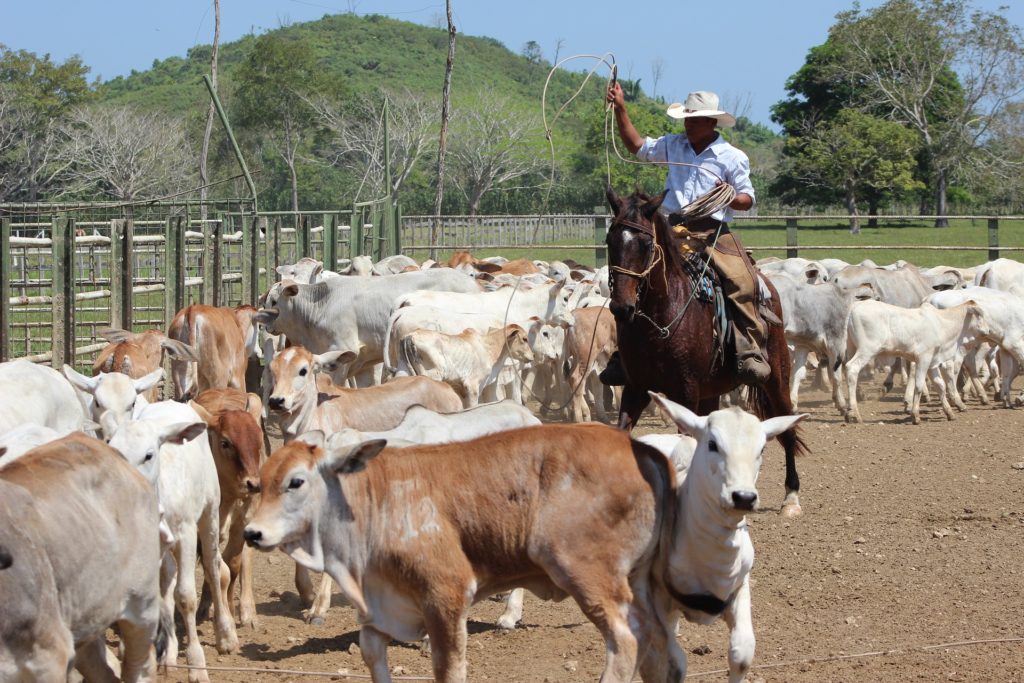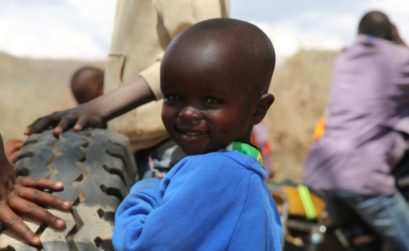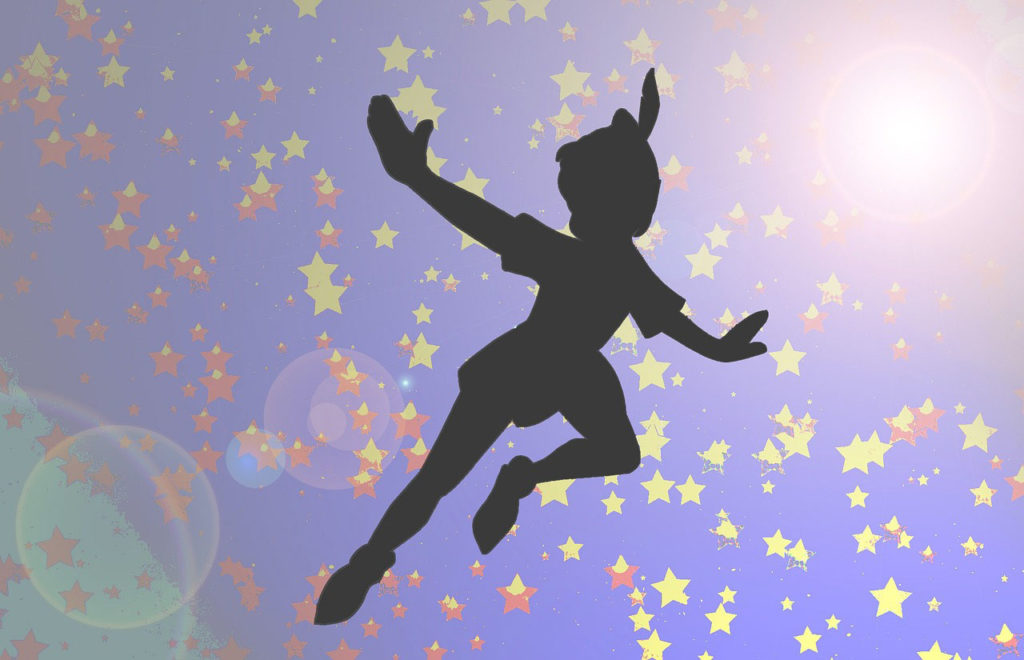Day of the African Child
On the occasion of the Day of the African Child, we would like to present to you a very successful project for empowerment.
Tanzania’s total population of 52.5 m has an illiteracy rate of almost 30%, i.e. 5.1 m women and 3.5 m men over the age of 15 are unable to read or write !
In comparison, Kenya’s and Cambodia’s illiteracy rates are 22% and 23% respectively.
Since 2015 there is a hospitality school in Tanzania which is financed by the Swiss More- Than -A- Drop Foundation and managed by a dear friend.
Project idea
Empowerment of young and poor women : From poverty to economic and social independence.
The current basic education system in Tanzania produces a very high dropout rate due to discrimination especially against girls. Higher education is almost impossible, in particular for adolescent girls from a poor background. They are either forced into marriages and give birth to children at a young age or have to work as prostitutes. Their children face a similar destiny…
The hospitality business in the Moshi (departure village to access the Kilimanjaro mountain) area is important and it is growing. Thus, there is a growing demand for qualified employees in the hospitality industry. The hospitality school of the More-Than-A-Drop -Foundation significantly improves the vocational training on offer in the Moshi area.
Moreover, the hospitality school runs a Bed & Breakfast, which can be highly recommended as it is managed with extreme attention to detail and offers a small, vegetarian restaurant.
Realisation
The hospitality school founded in 2015 offers up to 35 young women, aged 18 to 21, the possibility to attend an innovative hospitality school. Consequently, this 12-months-vocational training gives motivated and poverty stricken young women access to the job market.
The first year started in 2015. The following subjects are being taught
- English (12 hours per week)
- Cooking and service (15 hours per week)
- Housekeeping (10 hours per week)
- Sports – gardening (5 hours per week)
- Soft skills (empowerment, self-control, motivation)
They can put their theoretical knowledge into practice right away in the Bed & Breakfast with 10 rooms and a restaurant for 30 guests.
Training concept
The concept requires that students perform and are motivated. Consequently, they are being very closely monitored. Students have to be motivated, discipined and willing to assume responsibility. These demands can be very challenging for these the students, in particular when considering the following facts:
- All students are school drop-outs
- They last attended school 3 to 6 years ago
- They never learned how to study
- They never had to do any homework
Class of 2016
In September 2016, the first graduation took place. 30 students successfully finished the vocational training’s program. 25 students found a job and 5 students have presented their CV.
More-Than-A-Drop is looking for volunteers
More-Than-A-Drop-Foundation is looking for volunteers for this interesting and barnstorming project with the very ambitious goals to obtain financial independence for the project and to find jobs for as many students as possible.
They are looking for volunteers to ensure the achievement of the goals. Volunteers are needed to cover the following activities
- Coordination Switzerland
- PR – activities
- Recruiting of volunteers
- Fundraising
- Social Media Specialists for the marketing of the rooms and the restaurant
- Trained and experienced chief/restaurant experts to enlarge the culinary offer
Contact for volunteers
Nicola Spring (n.spring@morethanadrop.org)

